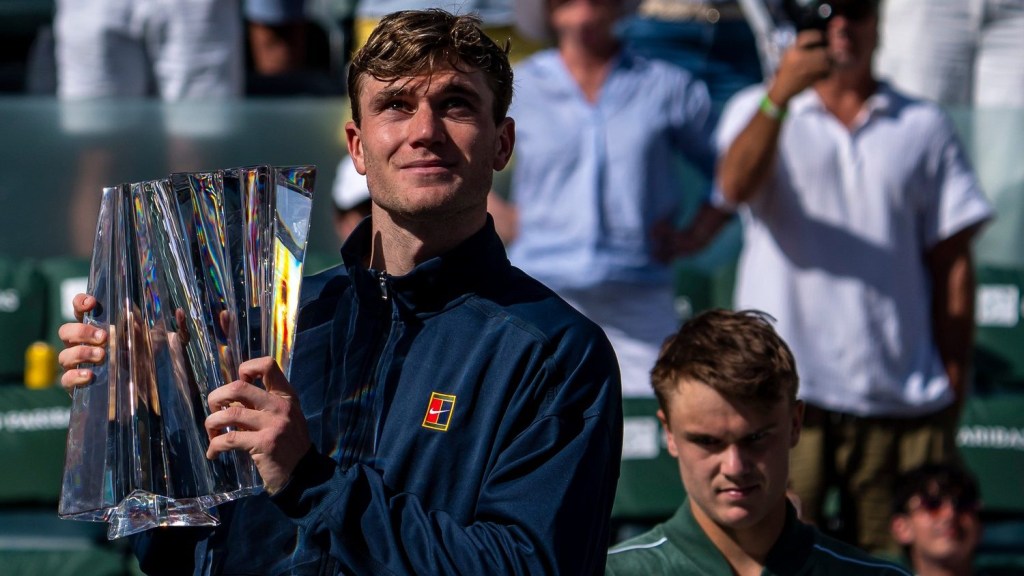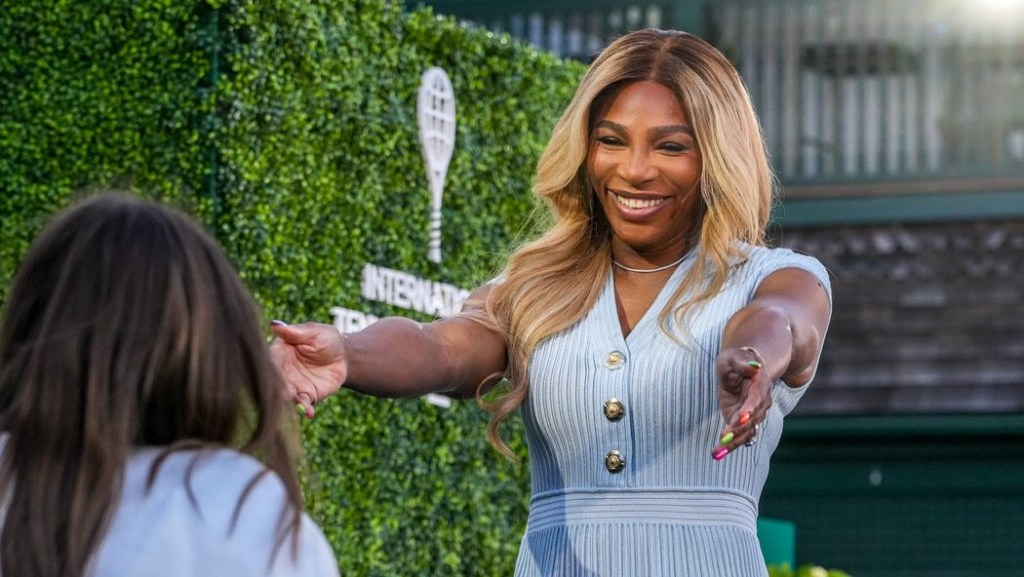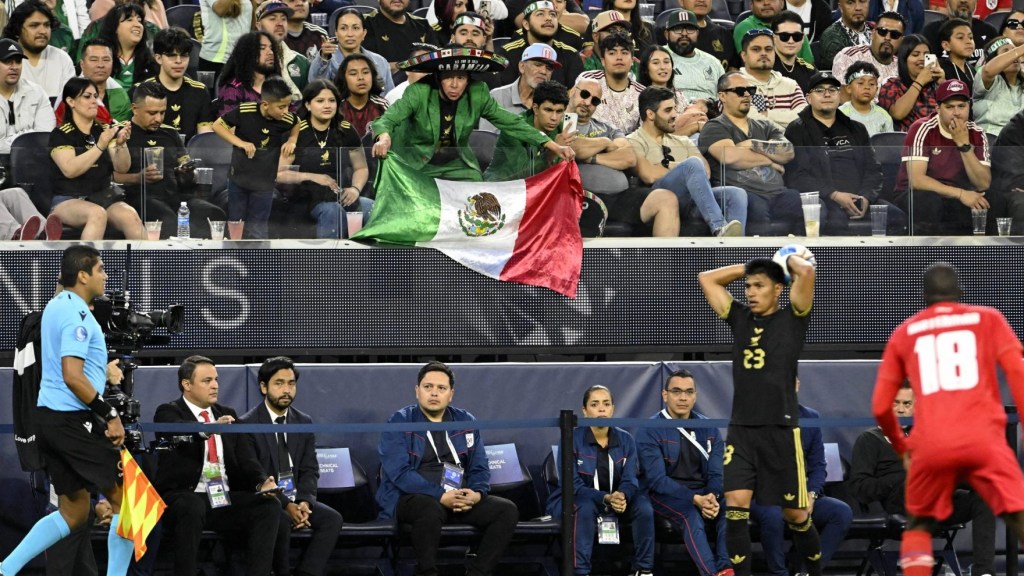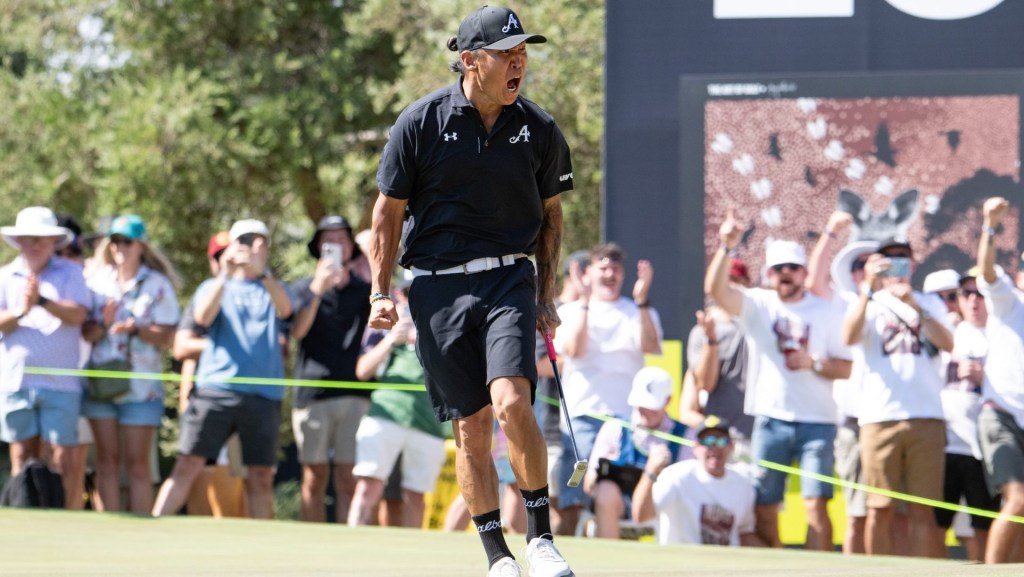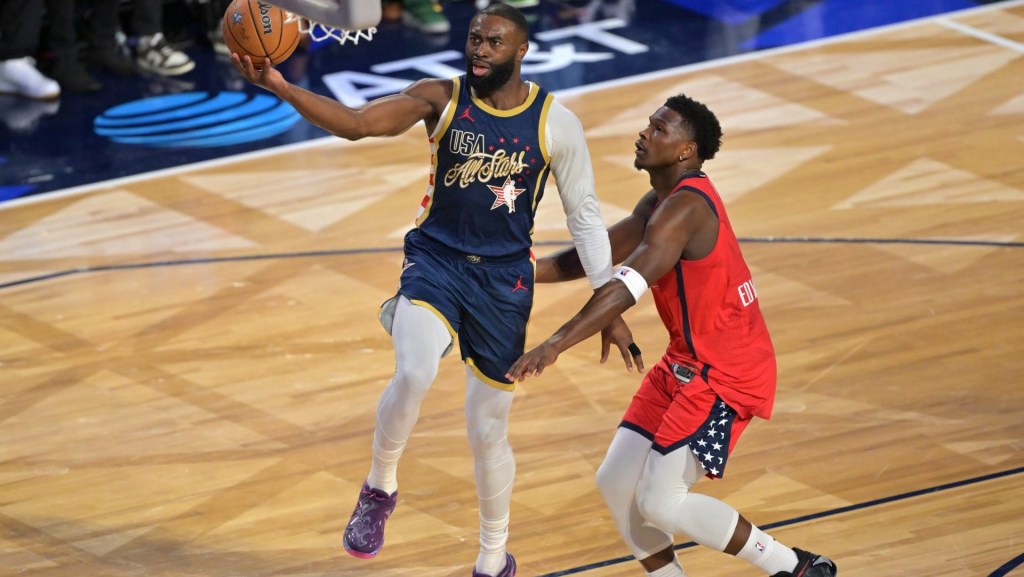Until college, Malcolm Jenkins had only one focus in mind: sports. Whether it was football in the fall, or track and field in the winter and spring, his high-school life revolved around sports.
Once Jenkins stepped on campus at Ohio State – where he majored in communication – he began learning about other opportunities outside of football. After he was selected in the first round of the 2009 NFL Draft by the New Orleans Saints, an entirely new set of things opened up to him.
Now entering his 12th season in the NFL, after rejoining the Saints on a four-year contract on March 18, the safety is officially tackling the film industry.
In February, Jenkins inked a deal with ICM Partners, an international literary and talent agency that will represent him in all areas outside of his NFL contract.
Doug Johnson, a partner at ICM, is one of Jenkins’ agents. Johnson got to know the former Super Bowl champion through Zuri Hall, a co-host on Access Hollywood, and Jon Dorenbos, Jenkins’ former teammate at the Philadelphia Eagles who is himself now a magician.
“In getting to know him, he’s just a passionate guy who’s well-informed, strong in his beliefs, disciplined and all about integrity,” Johnson said. “When you sit with him and you kind of experience that dialogue and peel back the layers with him, you see how smart he is and how passionate he is about certain issues. You kind of get enamored with him, and we were just drawn to that.”
Jenkins’ interest in the industry began forming in 2018 when he created Listen Up Media, a production company with the mission to showcase and distribute content that creates social awareness around systemic issues in society.
His first project as an executive producer will be Black Boys, a documentary examining black male identity and opportunity at the intersection of sports, education, and social justice. Due to the coronavirus pandemic, the film is still in post-production and has not been taken out to the market for distribution, Johnson said.
Black Boys will feature guests like sports journalist Jemele Hill, NBA player Carmelo Anthony, former NFL star Chris Long, and sociologist Harry Edwards, among others.
“For people of color who watch it, the black boys and especially black men who watch it, it’s just an opportunity to acknowledge and celebrate the spectrum of who we are,” Jenkins said. “We’re not a monolith. We’re not always this super rigid and hard shell that we’ve been oftentimes portrayed as. There’s a lot of men crying, smiling, laughing, and being vulnerable. All the different things that we are putting out on display, I think it’s important to do – to let other black boys know that it’s okay to be yourself.”
Jenkins’ thoughts on social issues are well-documented. In September 2016, he began raising his fist during the national anthem to bring attention to racial inequality in the United States. He continued to do it every week during the 2016 and 2017 NFL season, but Jenkins felt the message was being lost in the firestorm of controversy.
Entering the 2017 offseason, he co-founded the Players Coalition, a 501(c)(3) and 501(c)(4) non-profit with former wide receiver Anquan Boldin. The organization prioritized three areas of focus: criminal justice reform, police and community relations, and education and economic advancement for low-income communities that were primarily of color.
While Jenkins was contemplating his next steps, filmmaker Sonia Lowman contacted him and asked if he would want to be in a documentary she was working on about the humanity of black boys and how long it has been under attack.
Jenkins was fascinated that Lowman, as a white woman, would be interested in making such a film. After many conversations, he eventually signed on to help executive produce Black Boys, while she handled directorial duties.
“I want to make documentaries, series, and feature films – all that have messages to them, but can be digested in different ways,” Jenkins said. “I want to be able to own those narratives, to tell the stories, and disseminate the messages that I’ve been trying to get to outside of the sports arena and outside of the context of being an athlete.”
It is not just the media industry where Jenkins is making inroads. Looking back at the 2009 NFL Draft, he saw a lack of variety in the players’ fashion sense. To him, they would all use the same tailors, choose the same suits, and wear the same shoes.
So Jenkins began wearing bow ties on game day. What began as a mere addition to his wardrobe eventually turned into the inspiration behind Damari Savile, a Philadelphia-based clothing store that specializes in custom clothing like ready-to-wear and made-to-measure men’s suits.
Despite his newly-signed deal with his first team, Jenkins knows that time is limited to his NFL career.
Rather than fall into the trap of figuring out life after football until after he retires, he has made it his mission to be one step ahead.
“There’s the harsh reality that football is gonna end at some point,” he said. “I got to figure out what I want to do outside of this game, because that’s an inevitable end. I’m not going to be able to play this forever, so I’ve got to find other things.”
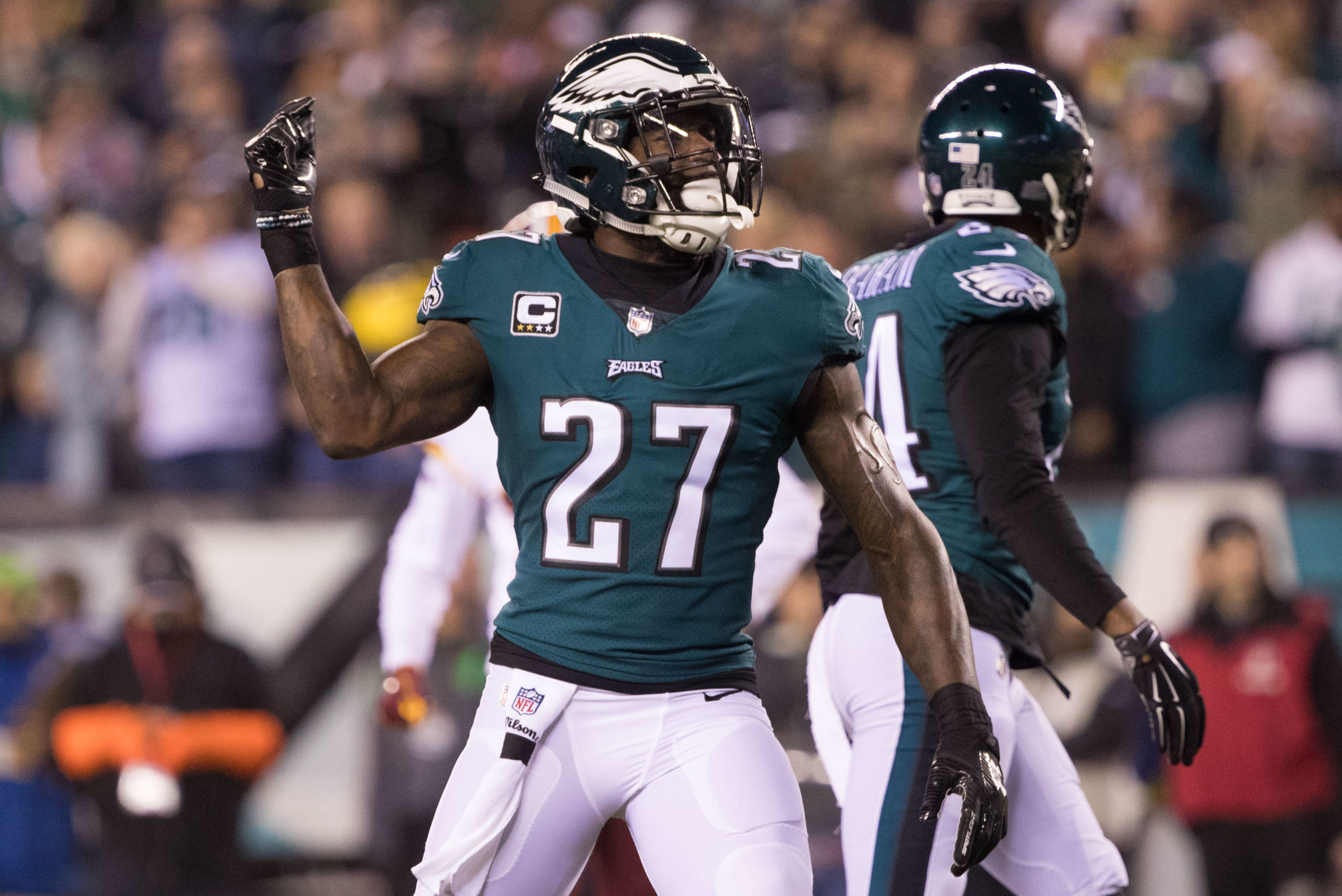

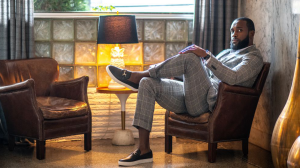
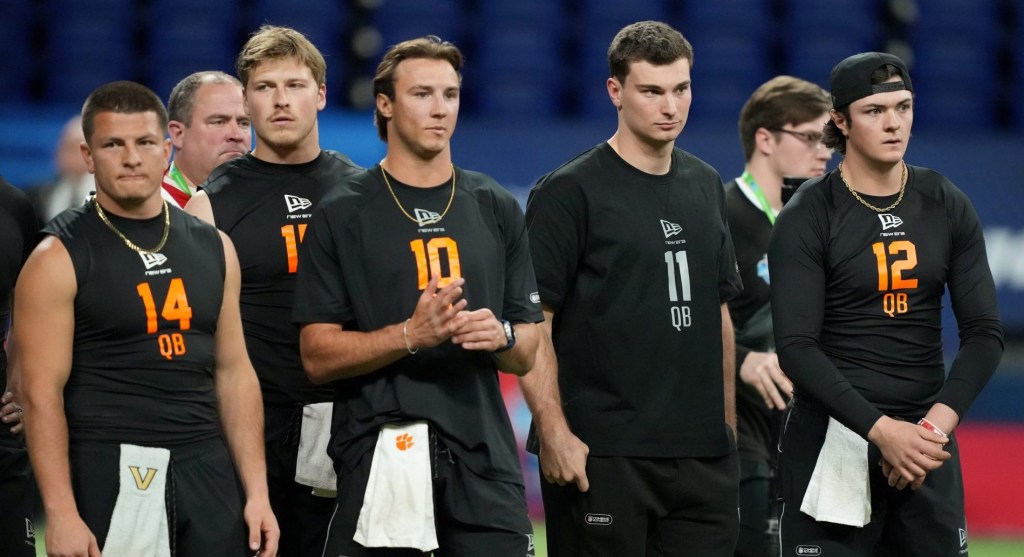
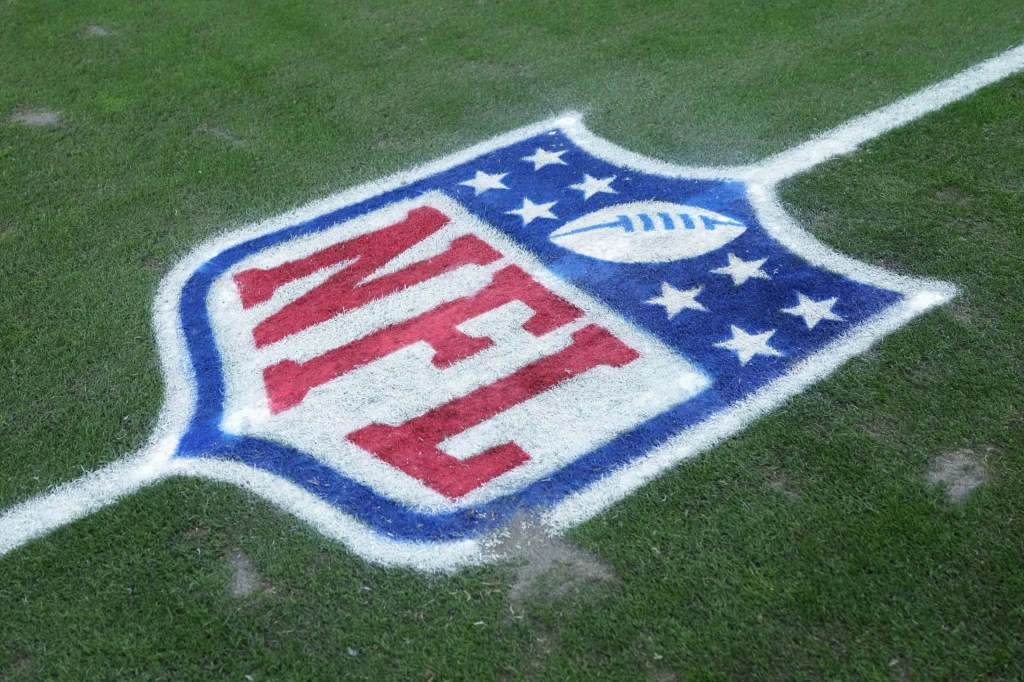
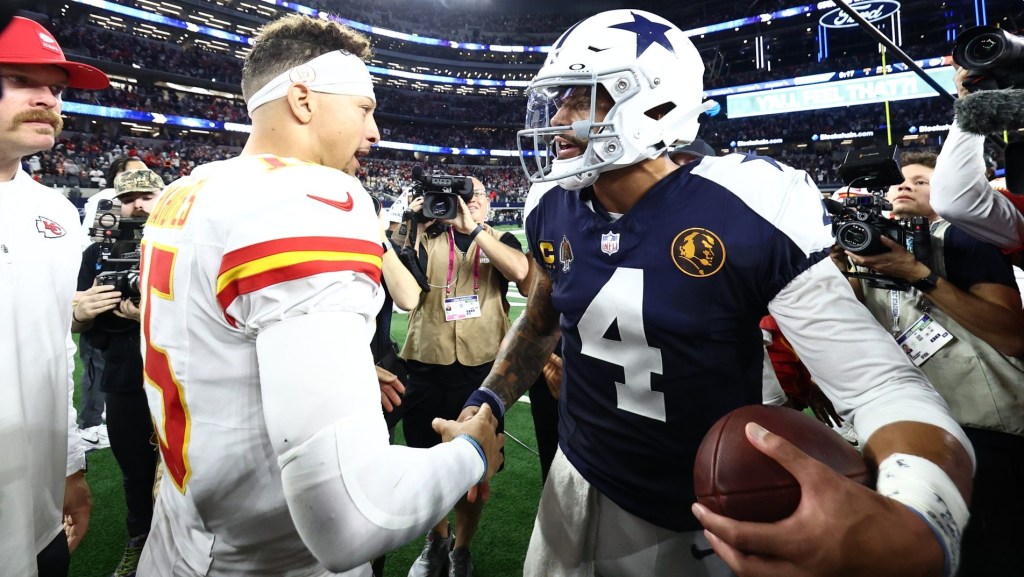
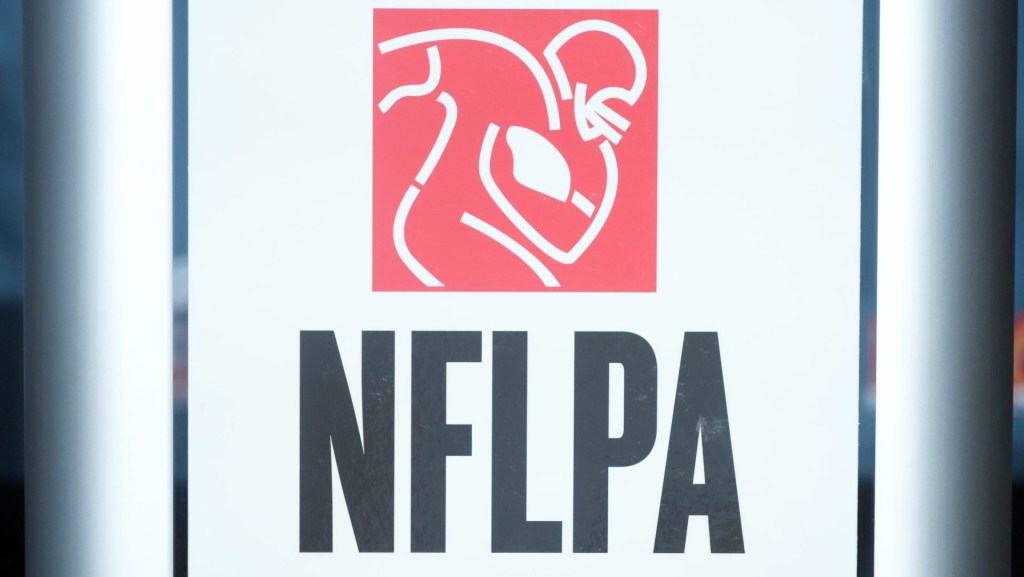

![[Subscription Customers Only] Jun 15, 2025; Seattle, Washington, USA; Botafogo owner John Textor inside the stadium before the match during a group stage match of the 2025 FIFA Club World Cup at Lumen Field.](https://frontofficesports.com/wp-content/uploads/2026/02/USATSI_26465842_168416386_lowres-scaled.jpg?quality=100&w=1024)
![[Subscription Customers Only] Jul 13, 2025; East Rutherford, New Jersey, USA; Chelsea FC midfielder Cole Palmer (10) celebrates winning the final of the 2025 FIFA Club World Cup at MetLife Stadium](https://frontofficesports.com/wp-content/uploads/2026/02/USATSI_26636703-scaled-e1770932227605.jpg?quality=100&w=1024)


